The construction industry is in a constant state of growth. Thanks to various technological advancements, the adoption of more sustainable and eco-friendly building practices, and the evolution of labor and workforce standards, the local construction scene is experiencing significant changes. Simultaneously, economic factors are fueling the expansion of the Philippine construction industry.
Amid this ongoing transformation within the local construction sector, new technologies, materials, and methodologies are profoundly influencing its direction. As we approach 2024, it’s no surprise that the industry is poised for another transformative year. In this article, we will highlight the top 10 trends expected to dominate the construction industry in 2024.
Top 10 Trends in the Construction Industry in 2024
1. Prefabrication and Modular Construction
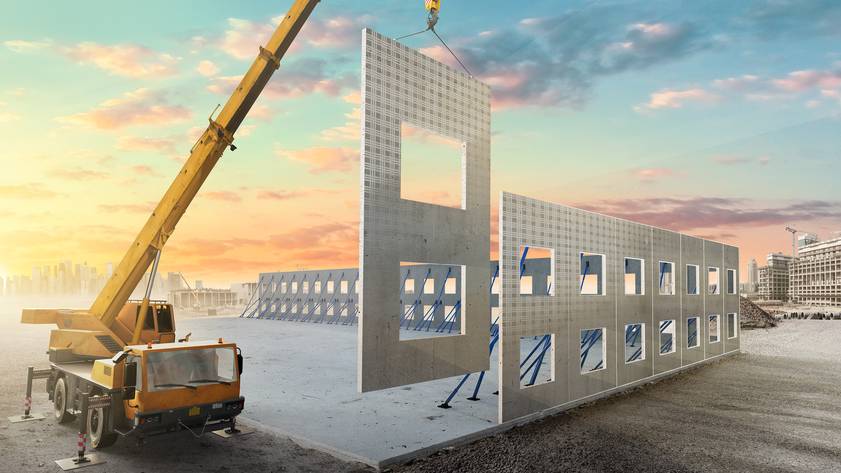
Image from Michael Page
Modularizing the construction process is expected to trend in the coming year. This process involves constructing 60-90% of a structure before bringing it into a construction site, or when certain parts of a structure are assembled or manufactured off-site.
2. Virtual Design and Visualization

Image from ctn press
These technologies often involve Building Information Modeling or BIM and using other construction management software. This trend is expected to boom in the coming year, with engineers and architects using these technologies to visualize structures before the process of construction.
3. Green Building

Image from Rappler
With the threat of global warming and climate change increasing throughout these years, green building is expected to trend in 2024. This process involves ensuring that structures are built using an environmentally sustainable construction and design process.
4. Living Building Materials

Image from Chemistry World
The usage of living building materials is expected to trend in the forthcoming year, in order to solve various environmental issues. This involves using things like self-replicating concrete and biocement, which are grown using biological materials and absorb harmful carbon dioxide.
5. Safer Ergonomic Helmets

Image from Workplace Material Handling and Safety
The construction industry is one of the most dangerous fields, which is why the innovation of better safety equipment is expected to trend in 2024. With hard hats being a must-have in the industry, developments that focus on increasing safety to the head and neck are expected to trend.
6. Growth of the 3D Printing Market
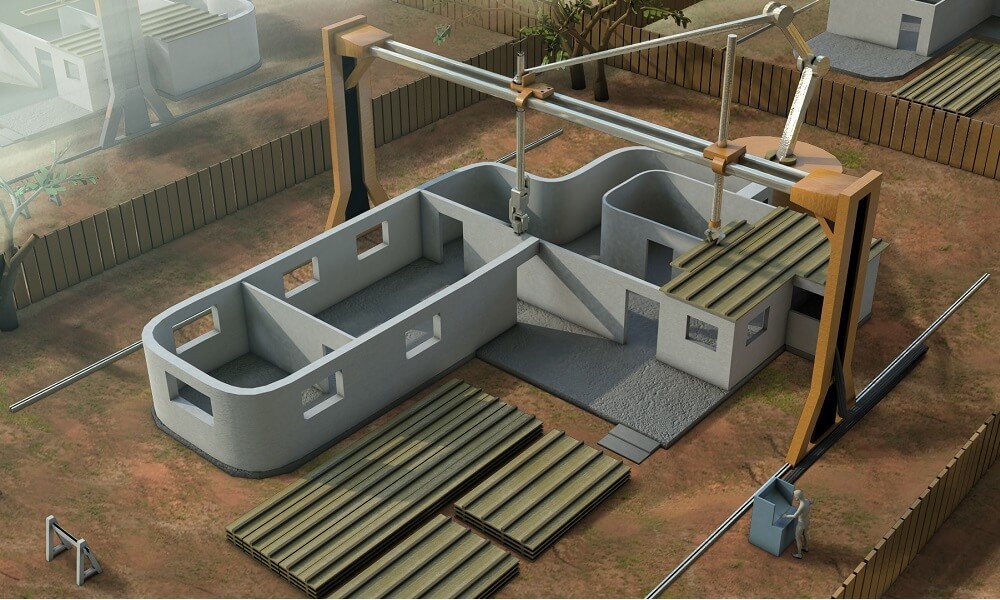
Image from LinkedIn
3D printing in the construction industry can be used in a multitude of ways, using a variety of materials such as concrete, geopolymers, fiber, sand, and others. Innovators have also started to use biodegradable materials in 3D-printed houses, such as mud and soil.
7. Robotics and Automation
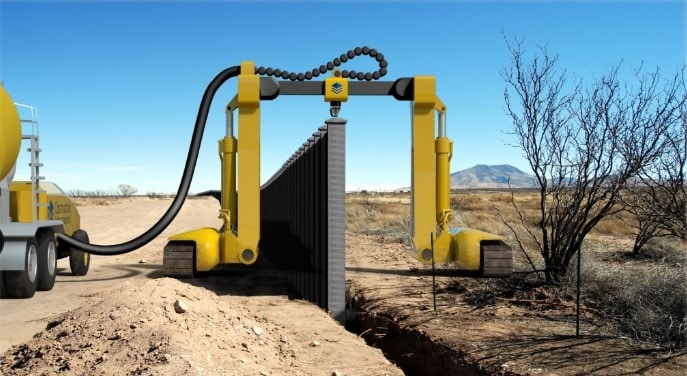
Image from The Constructor
Robots are being used by construction companies to carry out a range of duties both on and off the job site. In fact, a commissioned survey by ABB revealed that 81% of construction organizations want to implement robots within the next ten years, and more than half of them are already utilizing them.
8. Labor Shortages
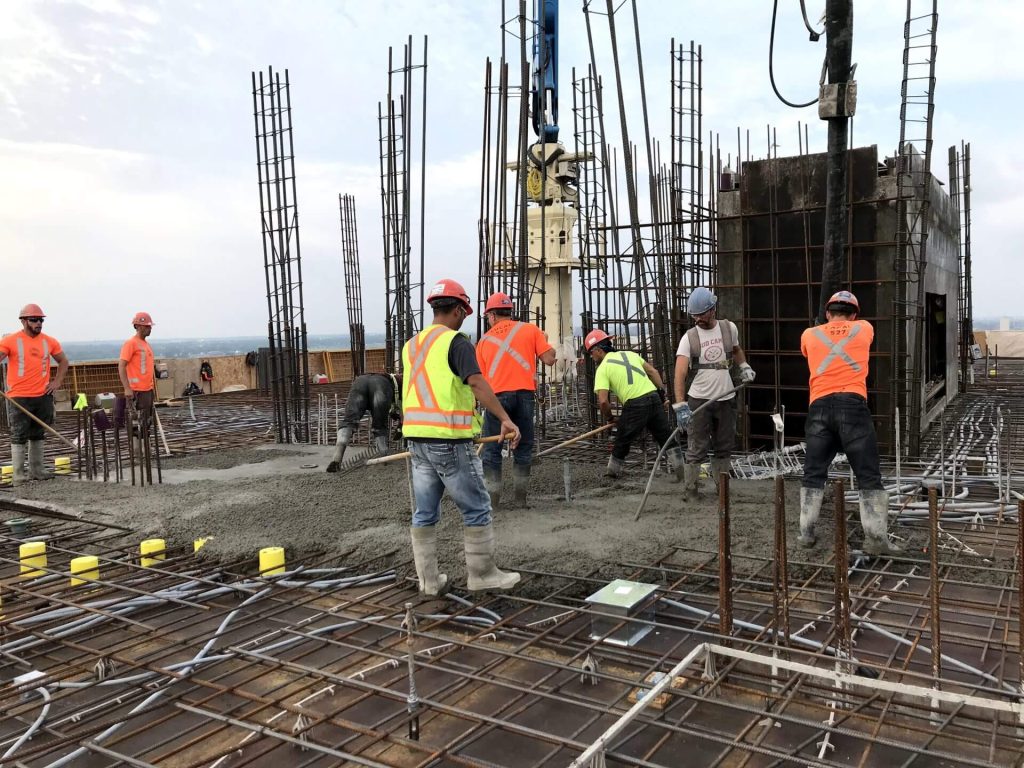
Image from Giatec Scientific Inc.
Sadly, innovations are not the only things that will trend in 2024. The construction industry has been increasing its turnover rate, so construction companies would need to hire more frequently. According to insights by The Hartford, the ongoing labor shortages are fueled by various factors like shifting economies, changing work preferences of the younger generation, and even the advancement of technology.
9. Data and AI Solutions

Image from MEETHK.com
Data and AI solutions in construction streamline project management through predictive analytics, optimizing resource allocation, and enhancing cost estimation accuracy. These technologies also bolster safety with real-time monitoring, contribute to sustainable design practices, and improve overall operational efficiency.
10. Increasing Cost of Materials
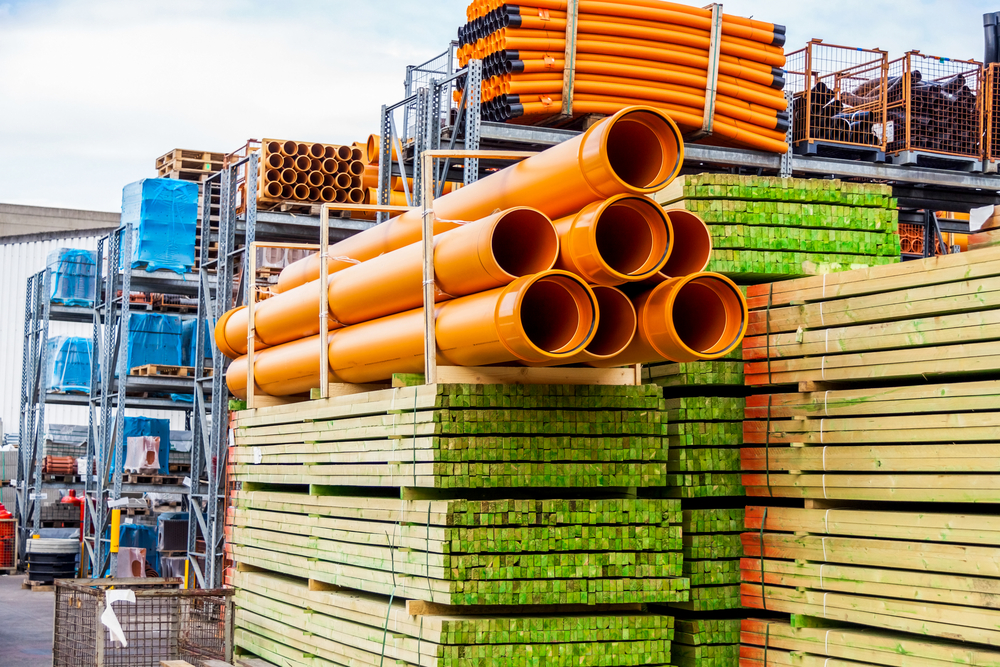
Image from Southbay Construction
The construction industry faces rising material costs due to factors such as increased global demand, supply chain disruptions, and inflation. Escalating prices for key materials like steel, lumber, and concrete are impacting project budgets, prompting challenges in cost estimation, and necessitating strategic procurement approaches.
The Construction Industry in 2024
While there have been plenty of significant innovations that drove change in construction, the construction industry is still on the cusp of a significant transformation that is expected to continue to unfold in 2024. Change driven by a combination of technological advancements and efforts to create more sustainable materials and practices is seen to spearhead the transformation of the industry in 2024. By embracing these trends, we will not only redefine the way we construct, but we will also pave the way for a more efficient, safer, and more environmentally conscious future that will benefit all, reaching far beyond building and infrastructure development.
References:
- BigRentz. (2021, December 13). Top 10 Construction Industry Trends for 2024. BigRentz. Retrieved December 19, 2023, from https://www.bigrentz.com/blog/construction-trends
- The Hartford. (2023, October 25). The Top 3 Trends That Will Impact the Construction Industry in 2024. The Hartford. Retrieved December 19, 2023, from https://www.thehartford.com/insights/construction/2023-trends-shaping-the-future-construction-industry
- Howarth, J. (2023, November 13). 11 Construction Industry Trends to Watch (2024-2027). Exploding Topics. Retrieved December 19, 2023, from https://explodingtopics.com/blog/construction-industry-trends








